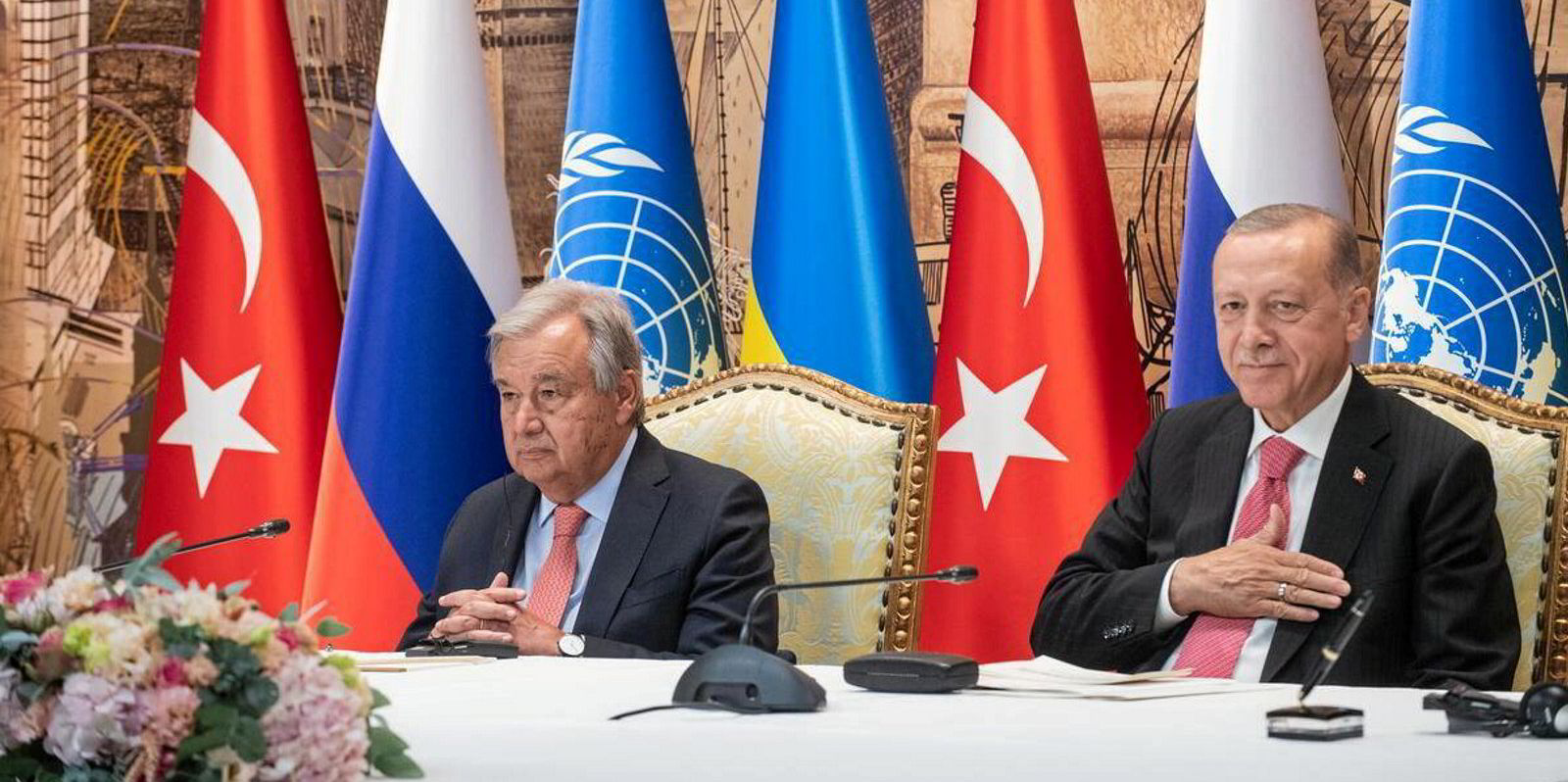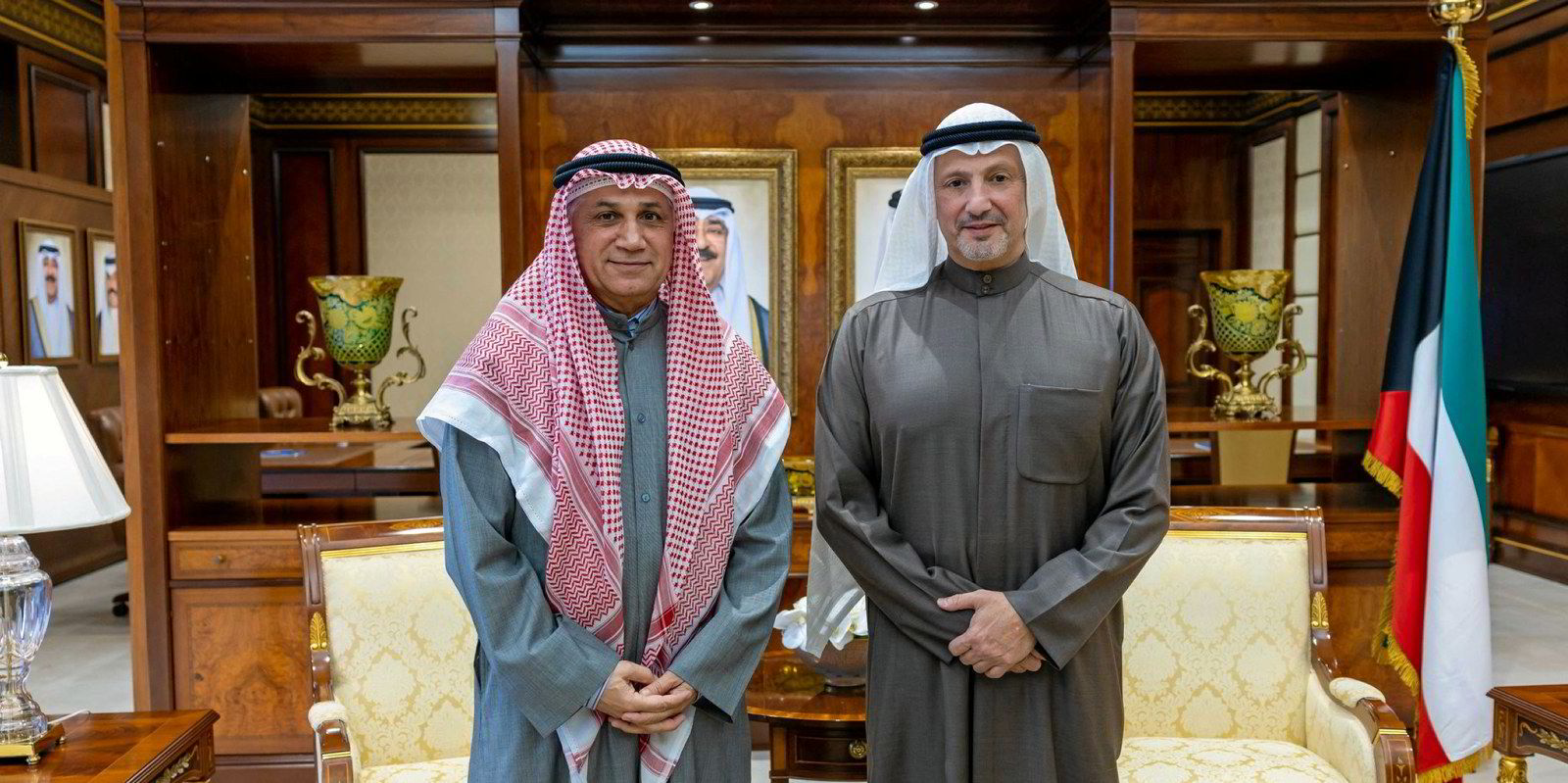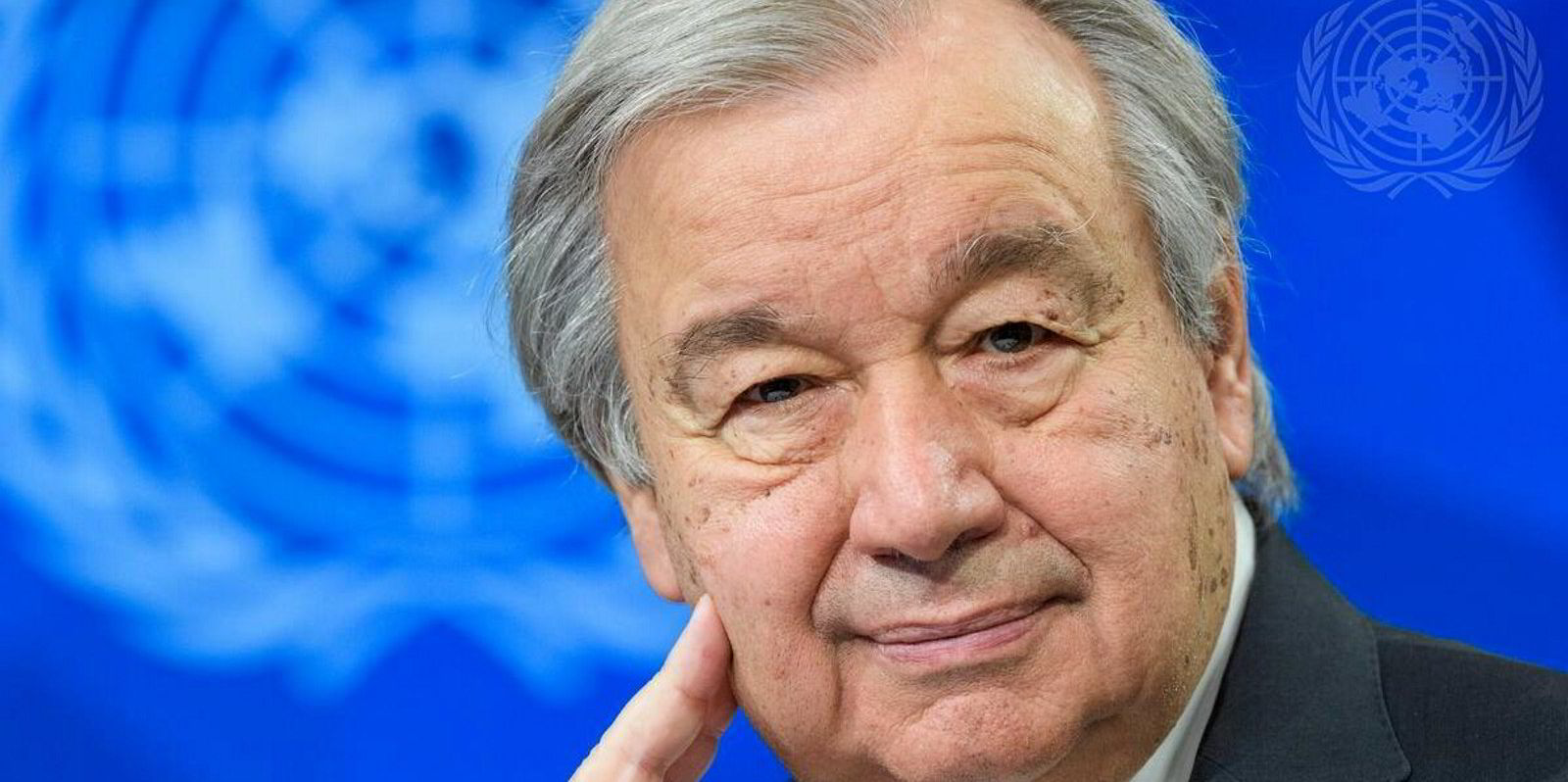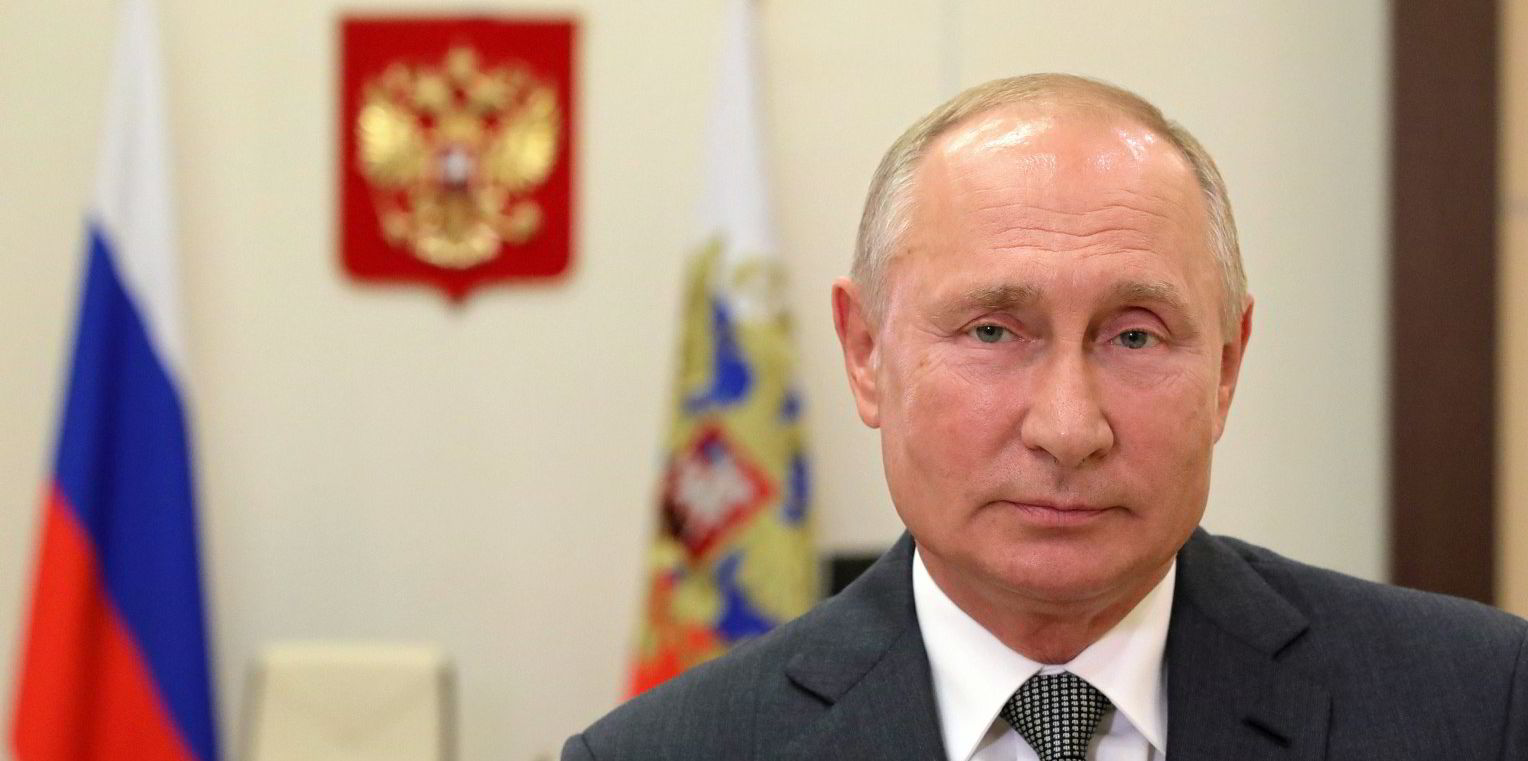As the year turns, the United Nations put a new man in charge of the Black Sea Grain Initiative (BSGI) — an international agreement that keeps seaborne grain flowing out of war-torn Ukraine.
Abdullah Abdul Samad Dashti, a retired vice admiral from Kuwait, has taken the job of BSGI coordinator, the UN said.
He replaces Amir Mahmoud Abdulla, the Sudanese official who got the scheme up and running last July.
In the statement, UN secretary general Antonio Guterres did not elaborate on the reasons for the switch but expressed his thanks to Sudan’s Abdulla for getting the BSGI in motion.
“The secretary general is grateful for Mr Abdulla’s leadership, hard work and commitment in implementing the initiative, including in challenging times,” the UN said.
Dashti retired in 2021 after 40 years of service in the Kuwaiti armed forces, including stints as his country’s representative at Nato.
Speaking Arabic and English, he holds a Master’s degree in International Studies from King’s College London, and also studied at the Naval Staff College of Newport and the Joint Staff College of Norfolk in the US.
Agreed on 22 July and running under the auspices of the UN and Turkey since 1 August, the BSGI is about the only thing Russia and Ukraine are cooperating on since the Russian invasion last February.
The BSGI looked at risk in late October, when Moscow briefly pulled out of the scheme after protesting that a Ukrainian drone used the UN safe corridor to attack one of its warships.
A Russian pull-out was averted in the end and the deal was renewed on 17 November for another 120 days.

The initiative has been generally recognised as a success. According to the latest UN figures as of 1 January, 698 ships had left the Ukrainian ports of Yuzhny/Pivdennyi, Odesa and Chornomorsk under the scheme.
They carried 16.3m tonnes of wheat, corn, sunflower meal, soya beans, barley, sugar beet pellets, rapeseed, peas and canola.
On 30 December, Ukrainian infrastructure minister Oleksandr Kubrakov hailed on Twitter the arrival in Berbera, Somalia, of the 31,800-dwt Neva (built 2000) — a BSGI ship sailing with 25,000 tonnes of wheat under the UN World Food Programme.
Like several other ships using the safe corridor, the Neva is Turkish-owned.
Turkish companies have benefited from the key role their country plays in the initiative, mediating between Russia and Ukraine and offering Istanbul as a central checkpoint to inspect all BSGI ships going in and out.
The scheme has been so successful that it has often led to congestion in the Bosphorus — the bottleneck strait through which all ships carrying Ukrainian grain must pass.
To deal with “excessive density” in the Sea of Marmara south of the Bosphorus, Turkish authorities announced on 31 December new anchorage arrangements taking effect on 5 January.
Under the changes, ships intending to berth for more than 72 hours in the area will be directed to more remote anchorages within the Marmara Sea.
Vessels carrying dangerous goods will be assigned to a dedicated anchorage area “C”. The measures are taken “to ensure the safety of life, property, sea and environment”, Turkey’s directorate of shipping said.





